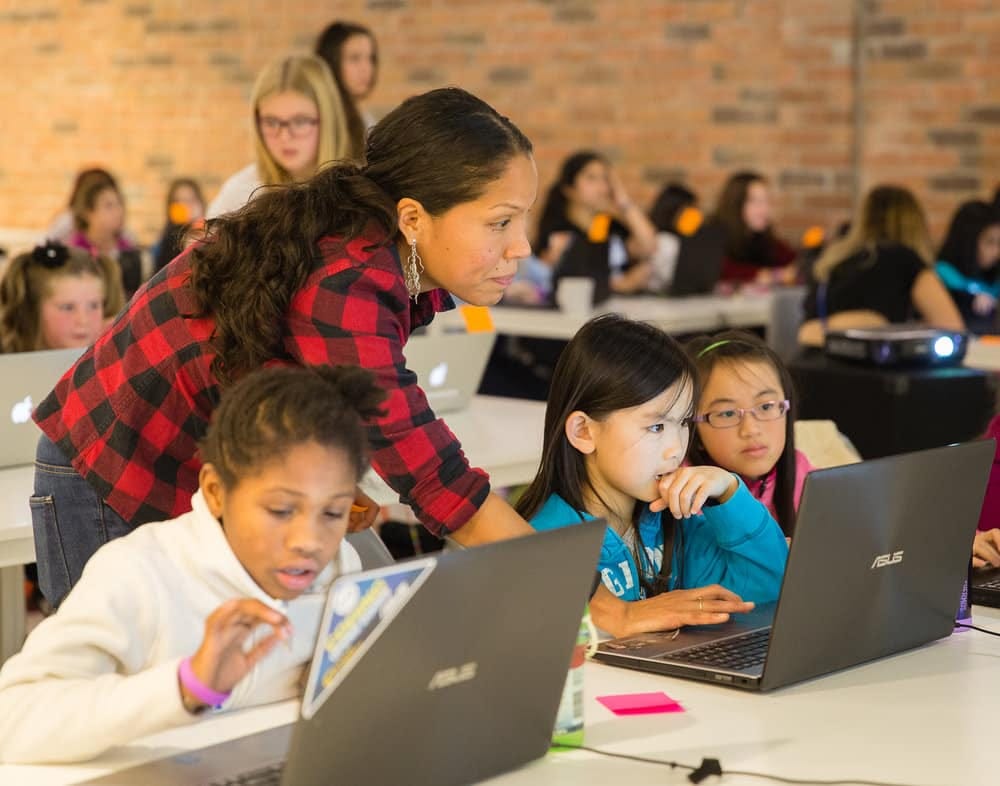Introduction: In recent years, the landscape of education has been significantly transformed by advancements in learning technology. From virtual classrooms to AI-powered tutors, these innovations are reshaping how students learn and educators teach.
1. Virtual Classrooms: Bridging Gaps and Expanding Access
Virtual classrooms have emerged as a powerful tool in making education more accessible. Discuss the benefits of virtual classrooms, such as overcoming geographical barriers, enabling flexible learning schedules, and fostering global collaboration among students.
2. AI-Powered Learning Assistants: Personalized Education at Scale
Artificial Intelligence (AI) is revolutionizing personalized learning experiences. Explain how AI analyzes student data to tailor educational content, provides real-time feedback, and identifies areas where students need additional support.

3. Gamification: Making Learning Engaging and Effective
Gamification techniques have gained popularity for making learning more interactive and engaging. Explore how gamification elements such as badges, leaderboards, and challenges motivate students to actively participate and enhance their learning outcomes.
4. Augmented Reality (AR) and Virtual Reality (VR) in Education
AR and VR technologies are creating immersive learning experiences. Discuss their applications in fields like anatomy education, virtual field trips, and historical reconstructions, highlighting how these technologies enhance understanding and retention.
5. Collaborative Learning Platforms: Enhancing Communication and Collaboration
Collaborative learning platforms facilitate peer-to-peer interaction and collaborative projects. Describe how platforms like Google Workspace and Microsoft Teams enable seamless communication, file sharing, and group work among students and educators.
6. Ethical Considerations and Challenges
As with any technological advancement, there are ethical considerations and challenges. Discuss issues such as data privacy concerns, equity in access to technology, and the need for digital literacy among educators and students.
Conclusion:
The future of education lies in embracing innovative learning technologies. By leveraging virtual classrooms, AI-powered learning assistants, gamification, AR/VR, and collaborative platforms, educators can create more personalized, engaging, and effective learning experiences for students worldwide.
